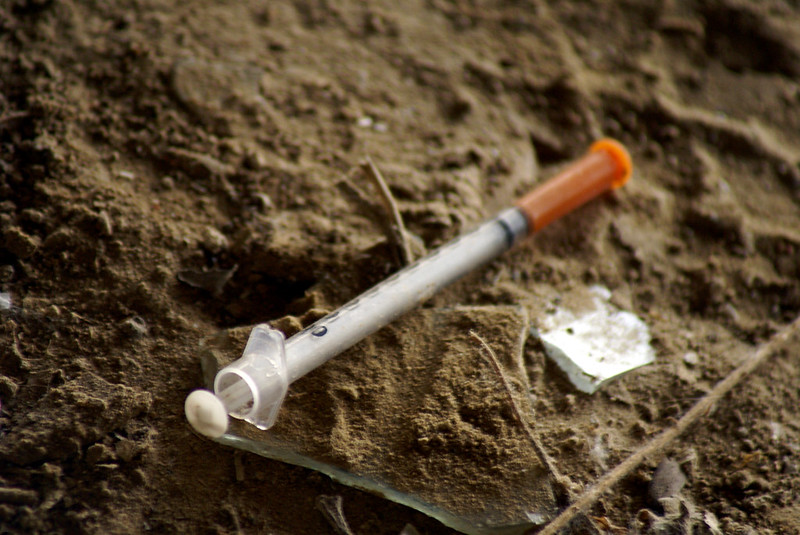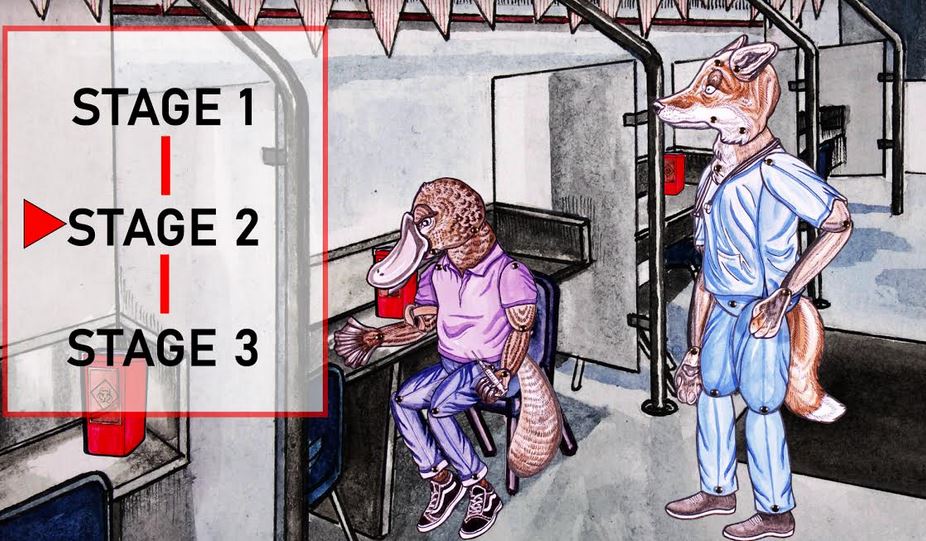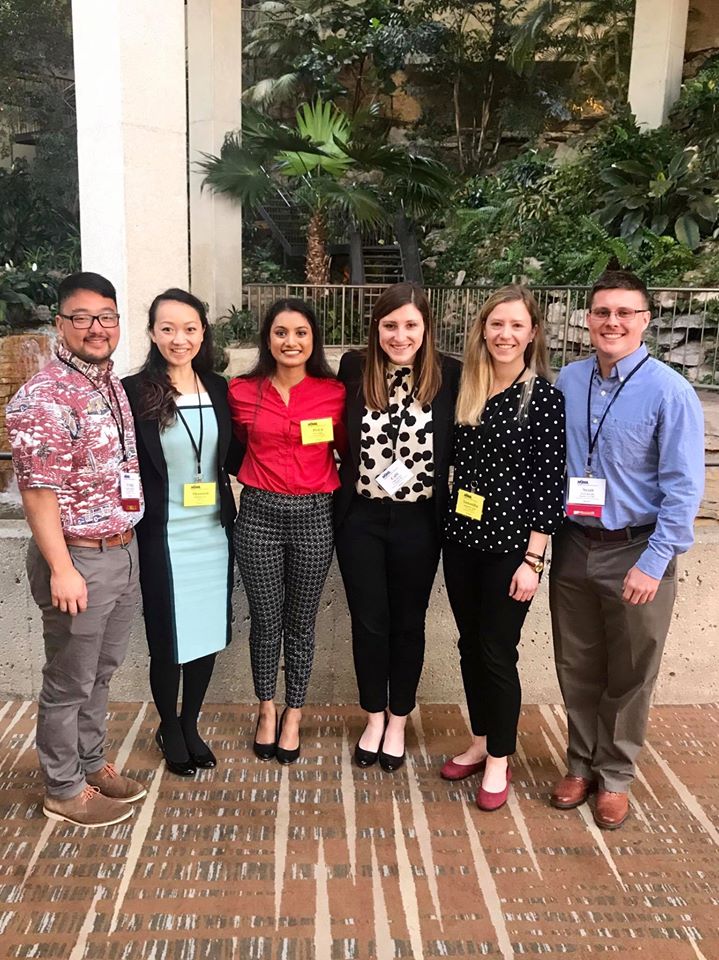How a Pandemic Has Shifted the Conversation Around Harm Reduction
For a variety of reasons, the substance use population is particularly vulnerable to the impacts of the COVID-19 pandemic. Based on data from previous financial crises, the emotional toll will increase rates of new substance use, escalate current use, and trigger relapse even among those with long-term abstinence. There may be a significant lag before these changes are detected and treated because health care resources are being funneled toward the pandemic.










